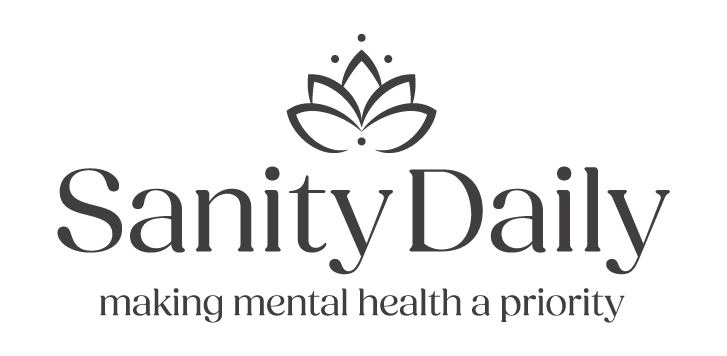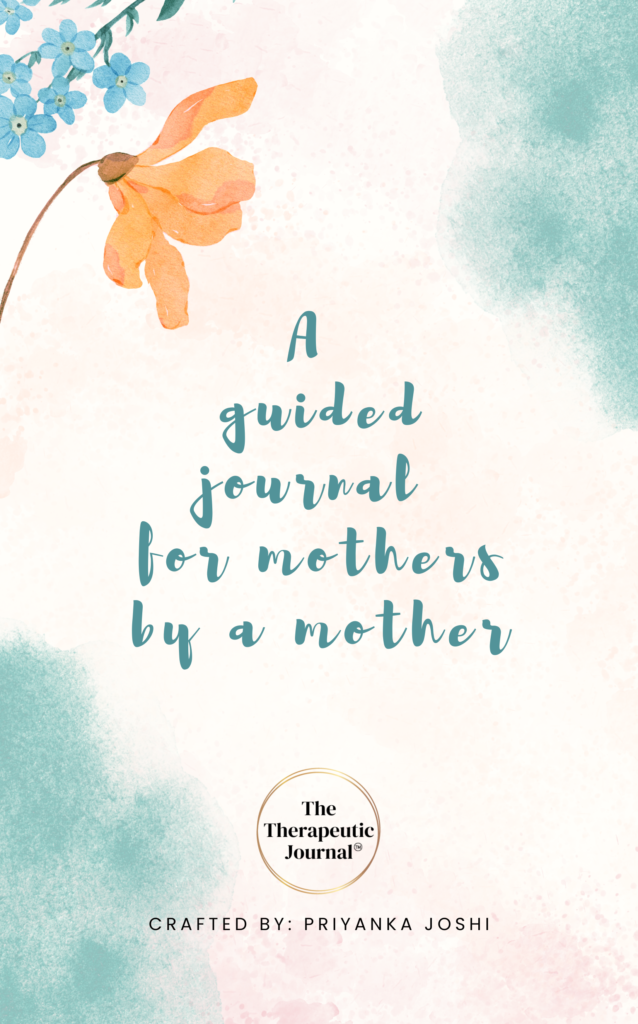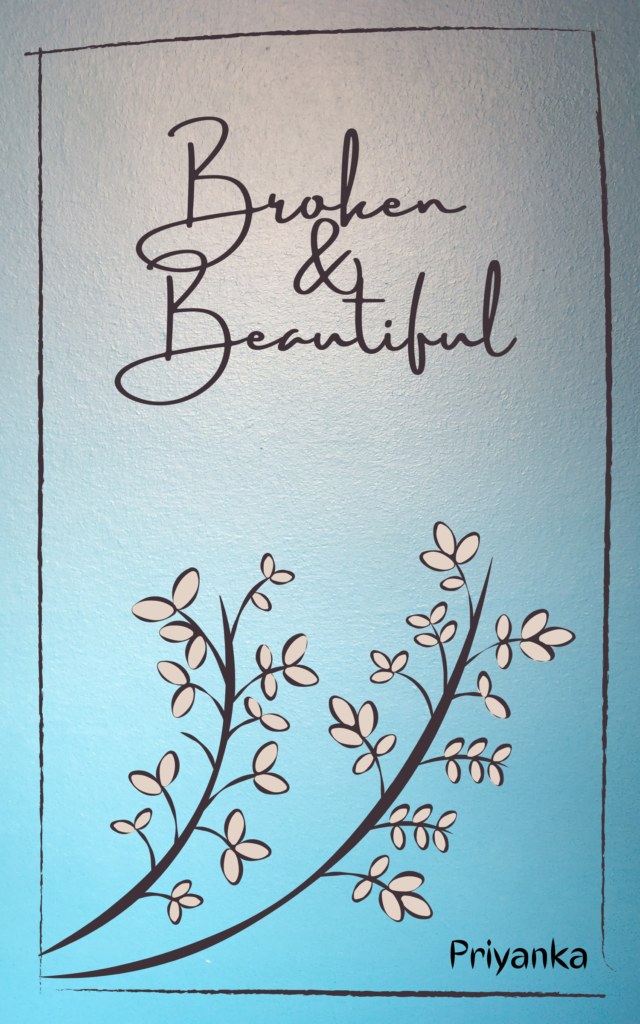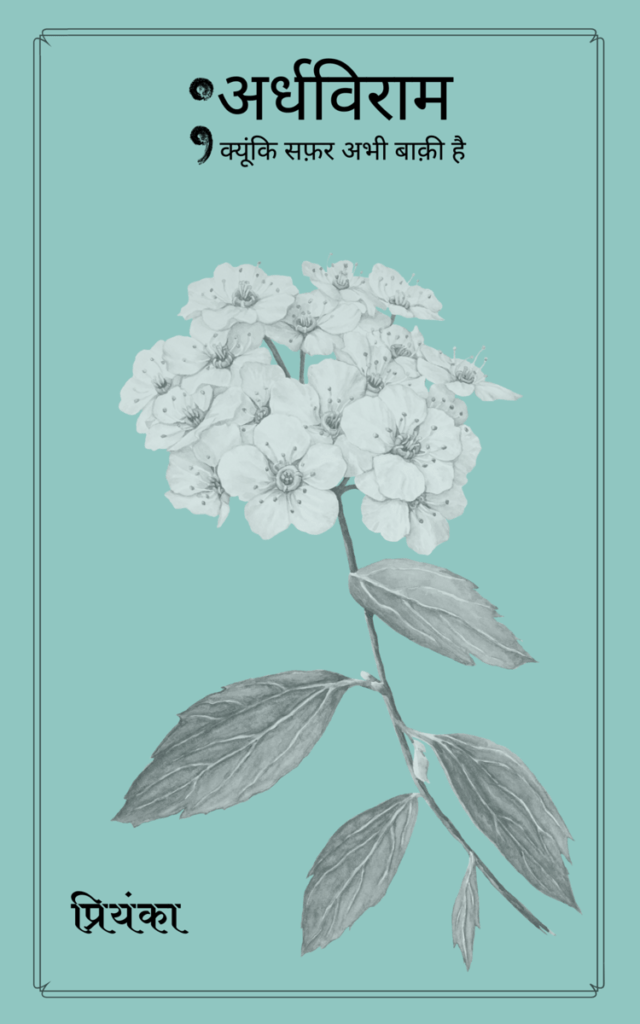10th September is recognized as the World Suicide Prevention Day. But why do we need to raise awareness? Why do we need to talk about suicide prevention and mental health awareness?
Because no one is listening enough. With the increasing cases of suicides, mental illness at its spike, people going into isolation, substance abuse, and domestic violence, we are surely heading towards a darker side.
We are conditioned in such a way that we are not allowed to accept and own our own feelings, no matter how disgusting they are or how horrifying they make us feel but we have to suppress it somewhere and continue to wear a happy mask.
Suicide Prevention and Mental Health Awareness: The need for the hour
Every year 800 000 people die due to suicide, while few succeed in their attempt, at least 20 others attempt suicide at the same time, every 40 seconds. Suicide is a global phenomenon and occurs throughout the lifespan. Yet a lot of stigma and shame is associated with people with mental disorders.
World Suicide Prevention Day (WSPD), on 10 September, is organized by the International Association for Suicide Prevention (IASP). WHO has been a co-sponsor of the day. The purpose of this day is to raise awareness around the globe that suicide can be prevented.
Mental Illness is a serious health issue and should not be taken lightly. If you know anyone who may be going through this, PLEASE DO NOT IGNORE them. Suicide prevention and mental health awareness are needed because people dealing with mental health disorders face severe stigmatization and are not taken seriously because they are viewed as simply “crying wolves”. If they attempt suicide to end their life, they are labelled as weak, losers, or cowards. In actuality, the attempt is made to stop the psychological pain brought to them by the mental health issues they are facing.
Suicide prevention and mental health awareness are needed because we lack basic awareness. Living With Mental Illness is not easy. A mental health warrior is not a victim player or attention seeker. The one who is going through some sort of mental illness fights a unique fight inside his/her head, getting up from the bed and doing mundane tasks like brushing the teeth becomes a painful task, yes!
Now imagine a tamed daughter in law staying with a narcissistic mother in law who bullies her, and demeans her, how will she manage to stay sane?
Imagine a man who carries the pressure of work, financiers, family issues, and can’t even share his feelings with others because of this whole machoism concept, how will he feel inside his head?
There are various scenarios, and various people dealing with their state of mind under various circumstances. What triggers me is different from what could trigger you, so never compare the pain and the velocity of your thoughts.
Depression, anxiety, stress, bipolar disorder, OCD, and PTSD are not just fancy terms for mental illnesses, people who live with such illnesses fight a unique fight within themselves.
They have to wear a mask and live a dual facet life just to protect their vulnerabilities and state of mind. We as a society lack empathy and fail to provide a safe space for people who are suffering from some mental illnesses.
We need better listeners and genuine empaths to support someone. And this change begins with self, I am trying my best to be the change for myself and the people around me through my blogs, poetry, and videos.
The best way to normalize mental health is to TALK about it. Any contribution to raising mental health awareness is vital as there is a dearth of awareness, hence hesitate to open up and get timely treatment.

Stigmas attached to suicide and mental illnesses
There are so many myths surrounding mental illness which has somehow kept the stigmas intact. Judgments and notions that people who kill themselves are “cowards” and “selfish” are heart-wrenching.
You might not believe but the nature of mourning or bereavement also differs for a suicidal death from natural death. Because of the nature of death, there may also be an absence of caring and interest or, conversely, an unwelcome shower of unhelpful and awkward advice.
Many victims suffer from very real psychological scars inflicted by the hurt and shame of attempting suicide or knowing someone who has died by suicide. The feelings of shame and attached stigma prevent them from talking openly and it results in more and more such cases, it is high time we share our stories, we understand that mental health is as important as our physical health.
Hence we need suicide prevention and mental health awareness. People seek to help deep inside, they feel fearful to open up because they will be judged, they want to be heard, and they want to yell, it is high time we start reading between the lines and hear those unsaid words.
Warning Signs of Suicide
- Isolation
- Mood shifts
- Giving away precious belongings
- Talking as if there is no tomorrow
- Talking about death
- Appearing as lost
- Withdrawing
- Changes in physical appearance
- Prior suicide attempts
- Alcohol or drug use
- Making statements with hopelessness, helplessness, and fear of becoming a burden
- Saying things like “I want to die” or “I’m going to kill myself”
How we can contribute as a society to suicide prevention and mental health awareness?
There are signs, there are alarming situations that give a message that something is not right and yet we ignore it. Suicide is the last resort for a person dealing with severe mental health conditions over a long period. Suicidal thoughts are part of underlying deep and denied mental health conditions, which can affect anyone regardless of age or gender.
If a person expresses that he feels unworthy and feels like ending his/her life through suicide, help him to get away with that thought and monitor his thought process. Suicide prevention and mental health awareness help to get started with the conversations, by providing a safe space.
Every year thousands of individuals die by suicide, leaving behind their friends and family members to navigate the tragedy of loss. In many cases, friends and families affected by a suicide loss don’t even know the exact reason of the suicide or find it hard to believe that just because of some stressful incident, how can someone take his own life?
I’m often asked how you can best help a loved one who’s showing some of the warning signs for suicide. If you’re worried about someone who is showing some signs, ask them: “How are you feeling exactly?” Or ask, “What are you thinking right now?” Simply asking one of these questions can save a life. Sometimes even we fail but at least we can try, we can be more aware of our surroundings.
We all can combine to raise suicide prevention and mental health awareness.
If a person is thinking about suicide, help them access resources. Free and confidential crisis help is available 24/7 online, I have tried to consolidate a list of mental health help providers here:
India
Fortis Exam Helpline – +918376804102
The Fortis National Helpline number is for students or parents with queries related to stress, mental wellbeing, exam tips or even to consult a team of experts and behavioral psychologists.
24 X 7
iCALL – 022-25521111 / ICALL@TISS.EDU
iCall is a service from TISS, run by trained mental health professionals. iCALL provides emotional support, information, and referral services to individuals in psychosocial distress, across the life span and across different gender and sexual identities.
MONDAY TO SATURDAY, 8 AM – 10 PM
PARIVARTHAN Counselling, Training and Research Centre – 080- 65333323
Providing multimodal services in the field of mental health, this Helpline is serviced by trained, professional counselors.
4 PM – 10 PM, MON – FRI
Sahai – 080-25497777 / SAHAIHELPLINE@GMAIL.COM
This helpline is a service provided by Medico Pastoral Association (MPA) and is run by trained active volunteers. If any caller requires face to face counselling, they are referred to MPA counsellors who are fully trained.
10 AM- 8 PM MONDAY TO SATURDAY
Sumaitri – 011-23389090 / FEELINGSUICIDAL@SUMAITRI.NET
A crisis intervention centre for the depressed, distressed and suicidal. The Helpline provides unconditional and unbiased emotional support to callers, visitors or those who write in.
2 PM- 10 PM MONDAY TO FRIDAY; 10 AM – 10 PM SATURDAY AND SUNDAY
AASRA – 022-27546669 / AASRAHELPLINE@YAHOO.COM
Working in the area of mental health, and providing emotional support AASRA offers a helpline service and walk-in center. The Helpline is answered by professionally trained volunteers who provide non-judgmental and non-critical listening.
24 HOURS
Sneha – 044-24640050 (24 HOURS) / 044-24640060 8 AM – 10 PM / HELP@SNEHAINDIA.ORG
A suicide prevention organization that offers emotional support for the depressed, desperate, and suicidal.
Lifeline – LIFELINEKOLKATA@GMAIL.COM – 033-24637401 / 033-24637432
Lifeline offers a free tele-helpline providing emotional support to people who are in despair, depressed or suicidal. Face to face befriending with prior appointment is also available.
10 AM – 6 PM
COOJ Mental Health Foundation – 0832-2252525 / YOUMATTERBYCOOJ@GMAIL.COM
This helpline offers emotional support to individuals dealing with suicidal thoughts, as well as those experiencing other levels of distress. It is run by volunteers trained in Mindfulness-Based Active Listening.
3 AM – 7 PM, MONDAY – SATURDAY
Vandrevala Foundation – 1860-266-2345 /
1800-233-3330 / HELP@VANDREVALAFOUNDATION.COM
This organization is run by trained counselors and is 24×7
24X7
Roshni – +9140 – 6620 2000 / 6620 2001 /
+914066202000
They are run by trained volunteers and their special services include depression, distress and suicide
11AM – 9 PM ,MONDAY-SATURDAY
Connecting…NGO – 1800-843-4353
They are run by trained volunteers and their special services include awareness and psychoeducation programs
2 PM – 8 PM MONDAY- SATURDAY
Samaritans Mumbai – +91 84229 84528 / +91 84229 84529 / +84229 84530 / TALK2SAMARITANS@GMAIL.COM
They are run by trained volunteers and their special services include depression, suicide and stress. They are available on email, phone, and in-person free services.
3 PM – 9 PM, MONDAY TO SUNDAY
UK
Mind helpline
0300 123 3393
https://www.mind.org.uk/information-support/helplines/
The Samaritans
116 123
https://www.samaritans.org/
New Zealand
Need to talk? Free call or text 1737 any time for support from a trained counselor
Lifeline – 0800 543 354 (0800 LIFELINE) or free text 4357 (HELP)
Suicide Crisis Helpline – 0508 828 865 (0508 TAUTOKO)
Healthline – 0800 611 116
Samaritans – 0800 726 666
Depression-specific helplines
Depression Helpline – 0800 111 757 or free text 4202 (to talk to a trained counselor about how you are feeling or to ask any questions)
www.depression.org.nz – includes The Journal online help service
SPARX.org.nz – online e-therapy tool provided by the University of Auckland that helps young people learn skills to deal with feeling down, depressed or stressed
Sexuality or gender identity helpline
OUTLine NZ – 0800 688 5463 (OUTLINE) provides confidential telephone support
Helplines for children and young people
Youthline – 0800 376 633, free text 234 or email talk@youthline.co.nz or online chat
thelowdown.co.nz – or email team@thelowdown.co.nz or free text 5626
What’s Up – 0800 942 8787 (for 5–18 year olds). Phone counseling is available Monday to Friday, 12noon–11pm and weekends, 3pm–11pm. Online chat is available from 3pm–10pm 7 days a week, including all public holidays.
Kidsline – 0800 54 37 54 (0800 kidsline) for young people up to 18 years of age. Open 24/7.
Help for parents, family and friends
Commonground – a website hub providing parents, family, whānau, and friends with access to information, tools, and support to help a young person who is struggling.
EDANZ – improving outcomes for people with eating disorders and their families. Freephone 0800 2 EDANZ or 0800 233 269, or in Auckland 09 522 2679. Or email info@ed.org.nz.
Parent Help – 0800 568 856 for parents/whānau seeking support, advice and practical strategies on all parenting concerns. Anonymous, non-judgemental and confidential.
Family Services 211 Helpline – 0800 211 211 for help finding (and direct transfer to) community-based health and social support services in your area.
Skylight – 0800 299 100 for support through trauma, loss and grief; 9am–5pm weekdays.
Supporting Families In Mental Illness – For families and whānau supporting a loved one who has a mental illness. Auckland 0800 732 825. Find other regions’ contact details here.
Other specialist helplines
Alcohol and Drug Helpline – 0800 787 797 or online chat
Are You OK – 0800 456 450 family violence helpline
Gambling Helpline – 0800 654 655
Anxiety phone line – 0800 269 4389 (0800 ANXIETY)
Seniorline – 0800 725 463 A free information service for older people
0508MUSICHELP – The Wellbeing Service is a 24/7 online, on the phone and in-person counseling service fully funded by the NZ Music Foundation and provided free of charge to those in the Kiwi music community who can’t access the help they need due to hardship and other circumstances. Call 0508 MUSICHELP.
Shine – 0508 744 633 confidential domestic abuse helpline
Quit Line – 0800 778 778 smoking cessation help
Vagus Line – 0800 56 76 666 (Mon, Wed, Fri 12 noon – 2pm). Promote family harmony among Chinese, enhance parenting skills, decrease conflict among family members (couple, parent-child, in-laws) and stop family violence
Women’s Refuge Crisisline – 0800 733 843 (0800 REFUGE) (for women living with violence, or in fear, in their relationship or family)
Shakti Crisis Line – 0800 742 584 (for migrant or refugee women living with family violence
Rape Crisis – 0800 883 300 (for support after rape or sexual assault)
Warmlines for consumers of mental health services
Free peer support services for people experiencing mental illness or those supporting them
Canterbury and West Coast – 03 379 8415 / 0800 899 276 (1pm to midnight, seven nights)
Wellington 0800 200 207 (7pm–1am, Tuesday to Sunday)
Auckland Central 0508 927 654 or 0508 WARMLINE (8pm to midnight, seven nights)
South Africa
South Africa Depression and Anxiety Group (SADAG) Helplines:
Suicide Crisis Helpline:
0800 567 567
24hr Substance Abuse Helpline:
0800 12 13 14
Mental Health Helplines:
0800 456 789
0800 21 22 23
SMS 31393
Nigeria
Mentally Aware Nigeria (MANI)
0809111MANI(6264)
Australia
Lifeline
13 11 14
https://www.lifeline.org.au/about-lifeline/contact-us
Beyond Blue
1300 22 4636
https://www.beyondblue.org.au/about-us/contact-us
Suicide callback service
1300 659 467
https://www.suicidecallbackservice.org.au/
The MindSpot Clinic
1800 61 44 34
https://mindspot.org.au/
Kids Helpline | Phone Counselling Service | 1800 55 1800
https://kidshelpline.com.au/ We are Kids Helpline. Kids Helpline is Australia’s only free, private, and confidential 24/7 phone and online counseling service for young people aged 5 to 25.
Headspace
www.headspace.org.au
Source: United for Global Mental Health
Be there. Be aware. Take care and please do not be ashamed of seeking help from anyone. It is ok to not to be ok, but not ok to not talk about it and suffer in silence alone.








